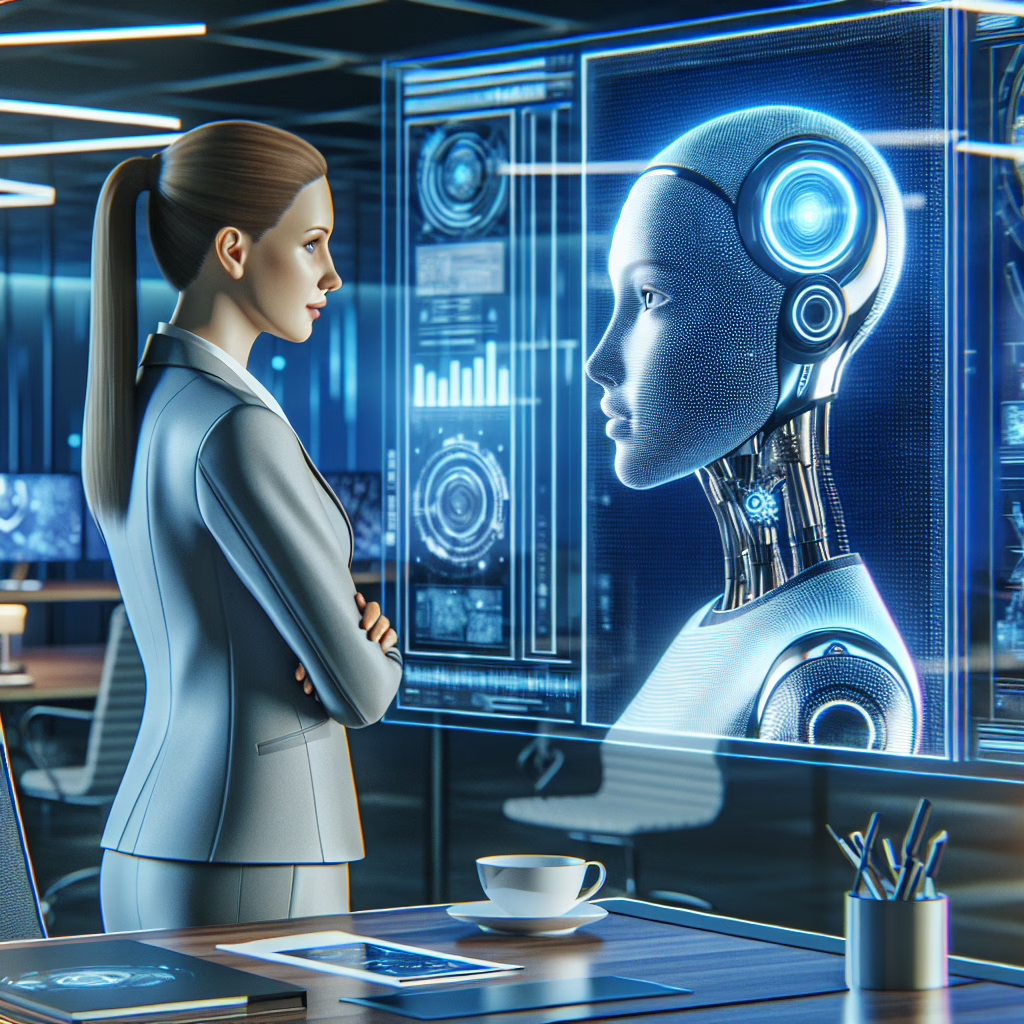In the bustling world of 2025, where artificial intelligence (AI) is practically a co-worker, understanding human-AI relationships has never been more critical. Imagine having a virtual assistant that not only knows your schedule but also understands your moods! Using psychological tools can significantly enhance these interactions, making them more intuitive and effective.
Why Psychological Tools Matter in Human-AI Relationships
Picture this: You’re at work, and your AI assistant suddenly suggests taking a break because it ‘senses’ you’ve been grinding away for too long. Sounds like science fiction? Well, it’s the science of psychology stepping into the world of technology! By applying psychological principles, we can create AI systems that better understand human emotions and behaviors, leading to a more harmonious coexistence.
In 2025, as AI becomes increasingly integrated into our daily lives, harnessing these psychological tools can lead to improved communication and efficiency. The crux of this approach lies in understanding human needs and tailoring AI responses accordingly.
Psychological Insights That Transform AI Interactions
Let’s dive into some fascinating psychological concepts that can elevate our human-AI relationships:
- Empathy Simulation: Imagine if your AI could simulate empathy! By analyzing voice tone and facial expressions (if you’re using video), AI can gauge your emotional state. This means your digital assistant could offer words of encouragement when you’re feeling down or provide a celebratory cheer when you hit that big deadline!
- Behavioral Nudges: Ever heard of nudging? It’s not just for getting people to make healthier choices; it can also help guide users toward more productive interactions with AI. Subtle prompts can encourage users to engage more effectively with their digital counterparts.
- Cognitive Load Management: We all know how overwhelming information can be. By utilizing psychological tools to manage cognitive load, AI can present information in bite-sized pieces, making it easier for users to digest without feeling swamped.
The Role of Emotional Intelligence in AI
Emotional intelligence is not just for humans anymore! In fact, instilling emotional intelligence into AI is a game-changer in understanding human-AI relationships. By teaching AI to recognize and respond appropriately to human emotions, we pave the way for smoother interactions.
Think about it—an emotionally intelligent AI could help improve mental health by providing supportive dialogue or even suggesting activities based on your mood. This is where psychology meets technology, creating a comforting virtual companion who ‘gets’ you!
Building Trust Through Transparency
Trust is paramount in any relationship, including those between humans and AI. Transparency in how an AI operates fosters trust and enhances user comfort. When users understand how their data is used and how decisions are made, they are more likely to engage positively with their digital assistants.
This transparency can be achieved through clear communication about the algorithms at play and the data being collected. In essence, demystifying the technology helps humans feel safer and more connected to their AI counterparts.
The Future is Bright: A Collaborative Human-AI Relationship
The future of human-AI relationships holds immense potential as we continue to refine our understanding through psychological insights. As we embrace these tools, we’ll likely see an evolution where AI not only assists but also enhances our emotional wellbeing.
Imagine a world where your AI doesn’t just complete tasks but also boosts your mood! It’s not just about efficiency anymore; it’s about creating meaningful connections that make life easier and more enjoyable.
As we move forward into this brave new world of 2025, let’s keep the dialogue open about how we can best utilize psychological tools to foster better human-AI relationships. What do you think? Are you ready to welcome your emotionally intelligent virtual assistant?
Please share your thoughts in the comments below! We’d love to hear how you envision the future of human-AI interaction.
A special thank you to Forbes for inspiring this discussion on using psychological tools to better understand human-AI relationships!

